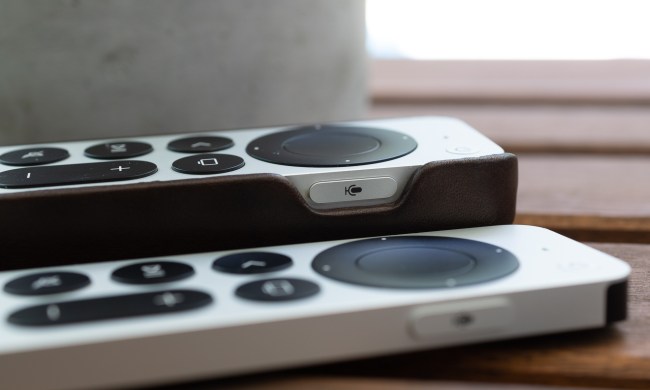
The past decade has seen Apple fighting off patent infringement claims from all quarters, most notably Samsung. While that legal action has only just come to completion though, Aqua Connect’s infringement case may just be the beginning of another. The ITC is investigating claims that Apple infringed on two patents related to remote streaming of services on MacOS and Aqua Connect’s lawsuit seeks damages for the alleged infringement.
As MacRumors notes, the patents in question are U.S. Patent RE 46,386, which is related to”Updating a User Session in a Mach-derived Computer System Environment” and U.S. Patent 8,924,502, “System, Method and Computer Program Product for Updating a User Session in a Mach-derived System Environment.”
As far as Aqua Connect is concerned, that means it was the original patent holder for all screen sharing and remote desktop functionality on Apple systems. That feature is now natively supported by both iOS and MacOS operating systems in a variety of products (even Apple TV 4K), which is where the infringement comes in, according to AquaConnect.
“Initially, our product had Apple’s full support,” Aqua Connect CEO Ronnie Exley said a statement. “But years later, Apple built our technology into its macOS and iOS operating systems without our permission. These lawsuits seek to stop Apple from continuing to use our technology.”
Although all instances of patent infringement must be stringently examined lest they turn out to be the result of patent trolling, which is rampant in the technology industry, the ITC appears to be taking this instance quite seriously. It’s launched an investigation into it, though there has been no given timeline for when a ruling will be made.
As far as Aqua Connect is concerned, it wants to see the ITC issue a cease-and-desist order to Apple and for the courts to file in its favor, awarding damages for what it considers to be the willful infringement of its patents.



